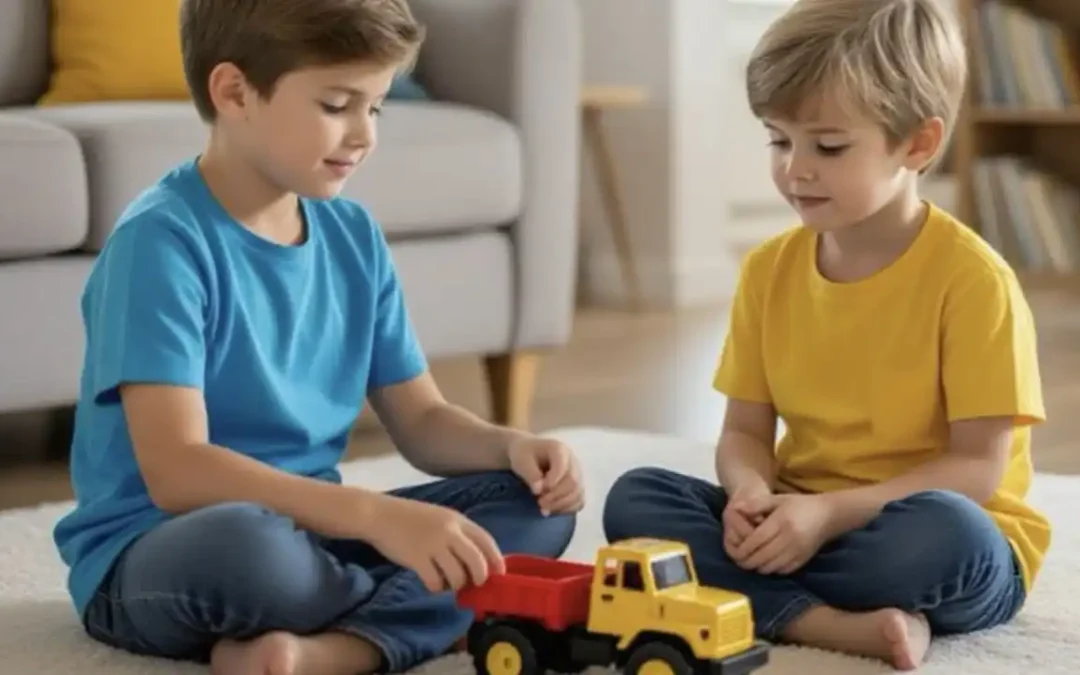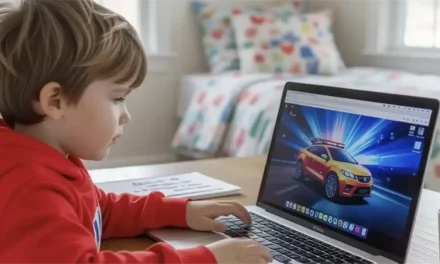
Living with Virtue and Balance: Practicing Courage in Daily Life
F
ear of looking foolish can keep kids silent. They want to speak up, help a friend, try something bold—but freeze. Their strength stays hidden. In Vienna’s cafés, thinkers like Freud and Adler faced ridicule and uncertainty, but pressed on anyway. Their courage didn’t just shape ideas—it shaped who they became. That’s the heart of this topic: helping children understand that courage isn’t the absence of fear, but movement in its presence. Ask, “What’s a brave choice you can make?” That question gives fear a shape they can step through—and invites action, not avoidance.
One crisp fall day, my daughter lingered by the school gate, watching a classmate get teased. She wasn’t sure what to do. That afternoon, I asked her what she’d seen, and we talked it through. “Maybe I could ask them to play,” she said slowly. We practiced the words together. The next day, she did it—and the classmate lit up. That one moment didn’t just end with kindness. It sparked something steadier: a growing habit of acting on her values, even when it felt hard. Small acts like these forge the quiet kind of bravery that carries forward.
Talk about courageous choices during relaxed times—after school, during walks, or at bedtime. Ask what challenged them that day. For younger kids, it might be standing up during a game; for older ones, it could be speaking honestly with a friend. Role-play if they’re willing, or reflect together. Don’t wait for grand gestures. Help them see courage as a daily practice—accessible, repeatable, and deeply real.
Living with Virtue and Balance

Living with Virtue and Balance: Maintaining Temperance and Moderation
Teach children how to balance desires, emotions, and choices. Moderation supports emotional stability and healthy self-regulation.

Living with Virtue and Balance: Embracing Justice and Fairness
Help children treat others with fairness and respect. Teaching justice builds empathy, responsibility, and strong moral character.

Living with Virtue and Balance: Choose the Individual over the Collective
Teach children to think for themselves, even when others disagree. True confidence comes from thoughtful individuality.
Table of contents

Primordial Soup for the Mind: Navigation
Navigate the book Primordial Soup for the Mind.
TIPS
- Ask about bravery before you name it
- Celebrate the attempt, not just the outcome
- Avoid pushing; let them define what counts as brave
ACTIVITIES
- Brave Play: After school, ask “What’s a brave choice you can make?” and act it out
- Courage Story: Share a moment when you felt afraid but acted anyway
- Quiet Brave Board: Note weekly brave acts (spoken or silent) on a wall or journal
TOOLS
Notebook, dry-erase board, or storytelling time

Download “Primordial Soup for the Mind: A Parent’s Guide to Nurturing Intellectual Growth”
Enter your information to get this article and hundreds more as part of the FREE book Primordial Soup for the Mind.
Share your thoughts with the Thought Academy community in the Comments section below.

Sharpen those skills!
Enter your information to get our FREE practice exercises so you can hone your critical thinking and reasoning skills!







0 Comments